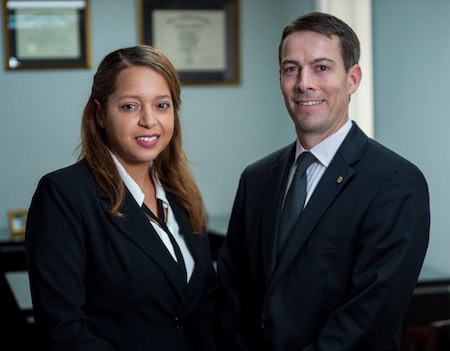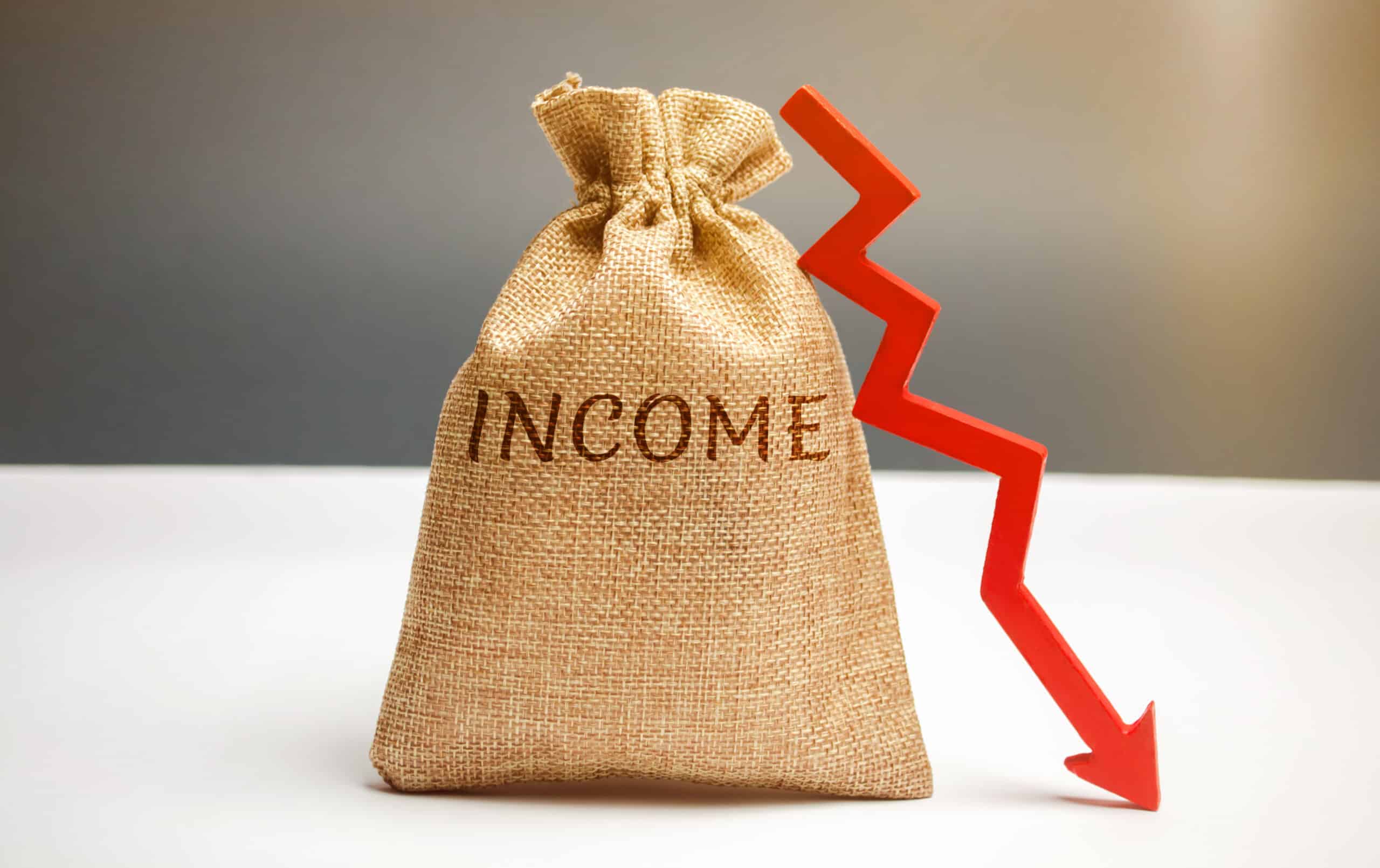Divorce can be an emotionally draining process, especially when you start to look at who owns what. One of the biggest concerns we hear about from clients at Mindful Divorce, P.A., is over the marital home and property acquired before the marriage.
You might be wondering, “If I brought this property into the marriage, is it still mine?” The answer, as with many things in law, is a bit nuanced.
Generally, in Florida, any property you own before getting married is considered separate and not subject to division. But, as you’ll see, there are some twists and exceptions that can make things more complicated.
At Mindful Divorce, P.A., we aim to provide peace of mind by offering transparent, fixed-fee services that reduce financial stress during such a challenging time.
Here’s how Florida law treats property owned before marriage and what you should know about protecting your assets.
What is Separate Property in Florida?
In Florida, anything you bring into a marriage typically remains yours, falling under what’s called “separate property.” This includes assets you owned outright before tying the knot, like:
- Real estate properties, such as a home or land.
- Vehicles, such as your personal car.
- Investments and savings accounts you built up independently.
- Personal belongings that have personal or sentimental value.
Separate property can also include any inheritance or gifts you received during the marriage, even if they’re in both spouses’ names. Income made from a non-marital asset, like rent from a premarital property, usually stays with the original owner.
Imagine you inherited a family cabin and rented it out to vacationers; that rental income is generally considered separate, too.
However, things can change if you mix or “commingle” separate assets with marital ones. So, keeping everything tidy and separate is essential if you want to maintain those boundaries.
The Marital Home: Special Considerations
When we talk about the marital home, things can get a little trickier. If you bought your home before marriage, Florida law still considers it yours – but only if certain conditions are met.
Here’s a closer look at some common scenarios:
Purchased Before Marriage, Paid in Full Before Marriage
If you bought and paid off your home completely before getting married, it’s likely still your separate property.
Adding your spouse’s name to the deed can turn it into marital property, so think carefully before making that move if keeping it separate is your goal.
Purchased Before Marriage, Both Parties Reside, One Party on Deed
Let’s say you bought the house before marriage and only you’re on the deed, but both of you moved in after the wedding.
In this case, the home can still be considered your separate property, but if your spouse contributes to the mortgage or upkeep, they might have a claim to a portion of the equity.
Purchased Before Marriage, Not Paid in Full at Marriage
Now, what if you bought the home before marriage but were still paying it off when you tied the knot?
When you use marital funds – such as income earned during the marriage – to pay down the mortgage, that part of the property’s value can become marital.
The more marital money goes into the home, the more it can blur the lines between separate and marital property.
Passive Appreciation
The concept of “passive appreciation” might sound a little abstract, but it’s a crucial point. In Florida, if the value of a premarital home increases during the marriage, that increase (or “appreciation”) may be divided as part of marital assets.
A famous case, Kaaa v. Kaaa, established that the increase in value due to the market – not because of home improvements – can be subject to division.
The court has a specific formula to decide the division, considering things like the market appreciation rate and the amount of marital funds used for mortgage payments.
Let’s say the home’s value rose due to market conditions, and you used marital funds to pay the mortgage. The court could determine that a portion of that appreciation is marital property.
Protecting Your Separate Property (Including the Marital Home)
Keeping separate property truly separate requires some careful planning. Here are a few steps to protect your assets:
Prenuptial and Postnuptial Agreements
A prenuptial (or postnuptial) agreement can spell out what belongs to whom, ensuring both parties are clear on how assets will be handled in a divorce.
These agreements are powerful tools that can help prevent disputes over property.
Maintain Separate Accounts
Keeping your premarital assets separate in their own accounts makes it easier to prove they belong to you.
Avoiding commingling funds – where you mix marital and separate assets – can prevent these assets from being considered marital property later on.
Meticulous Record Keeping
Good record-keeping can make a big difference if you ever have to prove your ownership of a separate property. Keep documentation of any major purchases, the date you acquired the asset, and any transactions involving that property.
Equitable Distribution and Separate Property
Florida’s equitable distribution rule is often mistaken for a 50-50 split, but it’s more about fairness. Marital property, acquired during the marriage, is subject to division.
Separate property – what each spouse owned before marriage – is generally not divided.
However, as we discussed, the lines can blur when you’re dealing with the marital home or commingling funds.
Equitable distribution seeks fairness, which doesn’t always mean equal, so a court considers various factors, like each spouse’s contributions and future needs.
Special Considerations: Retirement Accounts
Retirement accounts in a Florida divorce can be split into two parts: separate and marital. Any funds you contributed before the marriage are generally treated as non-marital property, meaning they belong to you.
However, contributions made and any growth in the account during the marriage are typically considered marital property and may be divided.
To separate these portions, the court often relies on a tracing method. This approach involves examining your account’s history to determine how much is non-marital versus marital, especially if the account grew significantly.
For example, if your account had $50,000 before marriage and increased to $100,000 with contributions during the marriage, the additional $50,000 could be marital property.
In many cases, a Qualified Domestic Relations Order (QDRO) is necessary to divide the marital share of certain retirement accounts, such as 401(k)s, without penalties.
This precise division ensures each spouse receives a fair portion of the marital contributions while protecting pre-marital assets.
The Essential Role of an Experienced Divorce Attorney
As you can see, determining what’s marital and what’s separate property in Florida can get complicated. Property division is far from simple, and it’s especially challenging when emotions are running high.
Having a skilled divorce attorney on your side can help you protect your rights.
A lawyer can help classify assets accurately, ensure that separate property remains with the original owner, and negotiate effectively in court if necessary.
Facing Divorce in Florida? We Can Help
Divorce is never easy, but knowing your rights can make a difference. If you’re going through a divorce in Florida and want to make sure your separate property, including your marital home, stays yours, reach out to Mindful Divorce, P.A. for a consultation.
Our compassionate attorneys are committed to guiding you through this process with clarity and peace of mind. With our fixed-fee schedules, you can focus on your future instead of stressing about unpredictable legal bills. Call us today at (561) 537-8227 to discuss your situation and how we can help protect what matters most to you.






